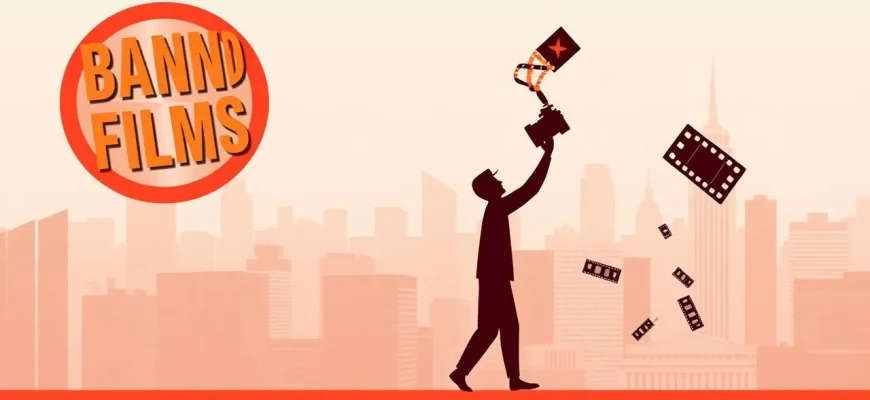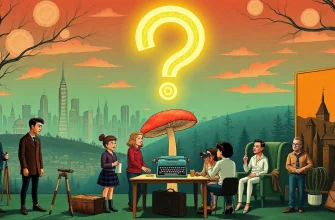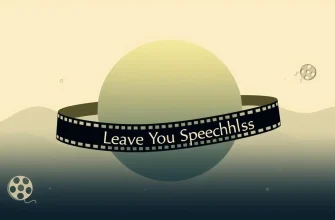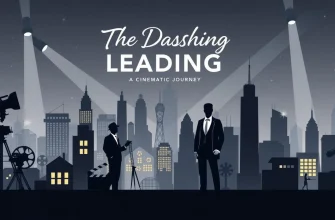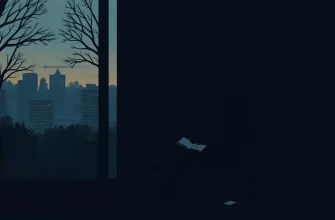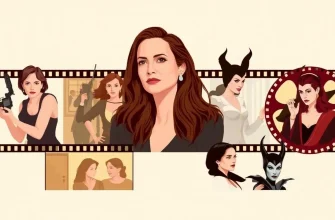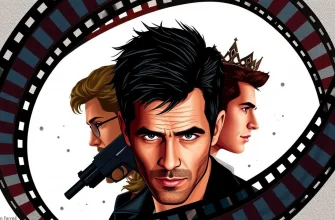This curated list of 10 films, once banned for their controversial content, offers viewers a unique glimpse into cinema that challenges societal norms, political ideologies, or cultural sensitivities. These films, despite their bans, have gained recognition for their artistic merit, thought-provoking themes, and the courage of their creators. Watching these films provides not only an alternative perspective on storytelling but also a deeper understanding of the power of film as a medium for social commentary and change.

A Clockwork Orange (1971)
Description: This film was banned in several countries due to its graphic violence and themes of mind control, leading to debates about the effects of media on youth behavior.
Fact: Stanley Kubrick himself withdrew the film from UK cinemas after threats were made against his family.
 Watch Now
Watch Now 
The Exorcist (1973)
Description: Banned in some countries for its depiction of demonic possession, which was considered too disturbing and potentially harmful to viewers.
Fact: The film was based on a novel, which was inspired by a real-life exorcism case in
 Watch Now
Watch Now 
The Texas Chain Saw Massacre (1974)
Description: Despite its title, the film was banned in several countries for its intense violence and horror, even though it contains very little actual gore.
Fact: The film was inspired by the real-life crimes of Ed Gein, whose story also influenced other horror classics.
 Watch Now
Watch Now 
The Last Temptation of Christ (1988)
Description: Banned for its portrayal of Jesus Christ experiencing human temptations, including sexual desires, which was deemed blasphemous by some religious groups.
Fact: Martin Scorsese received death threats for directing this film, and it was banned in several countries including Singapore and the Philippines.
 Watch Now
Watch Now 
Pink Flamingos (1972)
Description: Banned for its extreme content including scenes of coprophagia, this film by John Waters is known for pushing the boundaries of taste and decency.
Fact: The film was made on a very low budget, with much of the cast and crew being friends and family of Waters.
 30 Days Free
30 Days Free 
Salò, or the 120 Days of Sodom (1975)
Description: This film's extreme depiction of fascism, sexual violence, and degradation led to its ban in several countries for its graphic content and perceived immorality.
Fact: Pier Paolo Pasolini was murdered shortly after completing the film, leading to numerous conspiracy theories.
 30 Days Free
30 Days Free 
Cannibal Holocaust (1980)
Description: Banned for its extreme violence, animal cruelty, and accusations of real murder, this film was one of the first to be labeled as a "video nasty."
Fact: The director, Ruggero Deodato, was arrested for murder due to the film's realistic portrayal of violence.
 30 Days Free
30 Days Free 
The Cook, the Thief, His Wife & Her Lover (1989)
Description: Banned for its explicit sexual content, nudity, and scenes of violence, this film also explores themes of power, revenge, and decadence.
Fact: The film's set was designed to look like a real restaurant, with a fully functioning kitchen.
 30 Days Free
30 Days Free 
The Idiots (1998)
Description: Banned for its explicit sexual content and portrayal of a group engaging in "spassing" to challenge societal norms, this film by Lars von Trier was controversial.
Fact: The film was part of the Dogme 95 movement, which aimed to purify filmmaking by returning to its basics.
 30 Days Free
30 Days Free 
Monty Python's Life of Brian (1979)
Description: Banned in several countries for its satirical take on religion, particularly Christianity, which was seen as offensive by some religious groups.
Fact: The film was banned in Ireland and Norway, but it has since become a cult classic.
 30 Days Free
30 Days Free 
